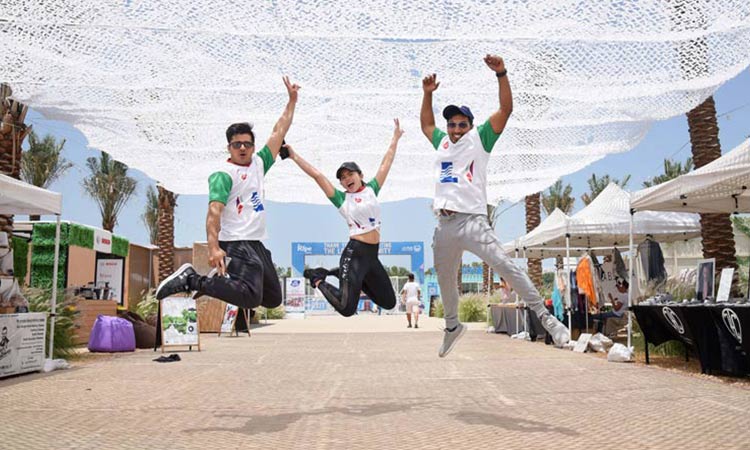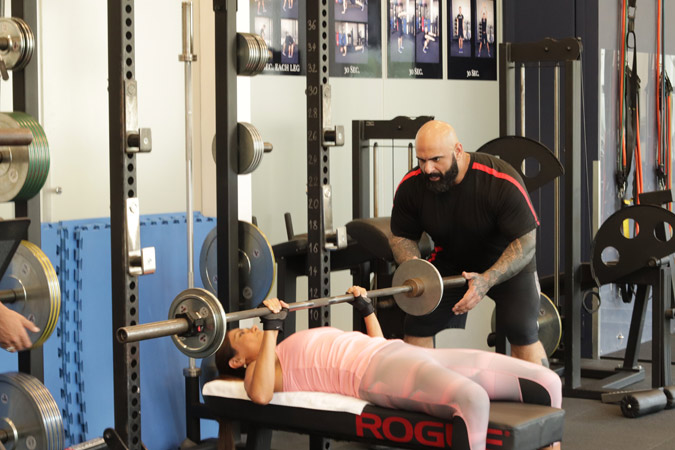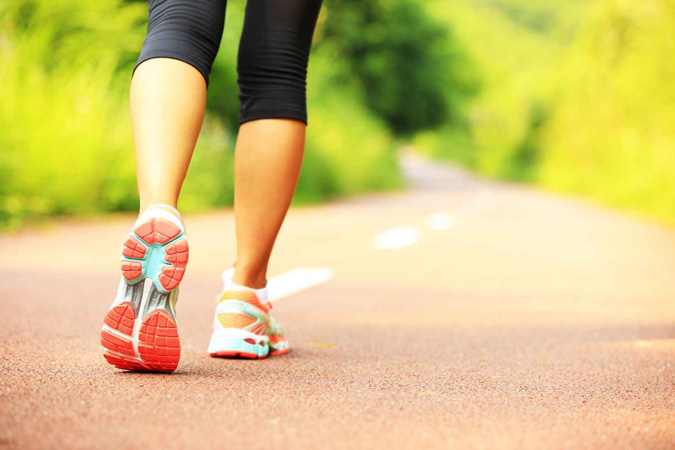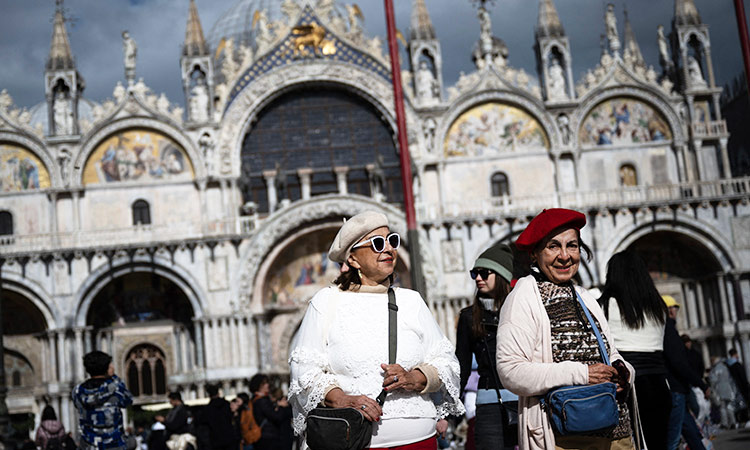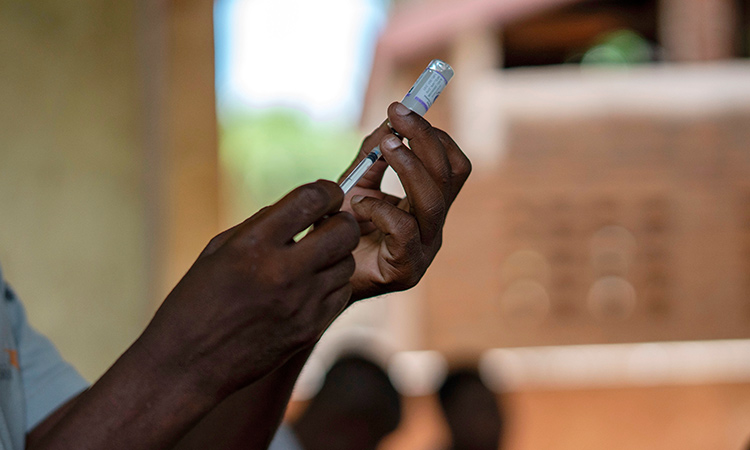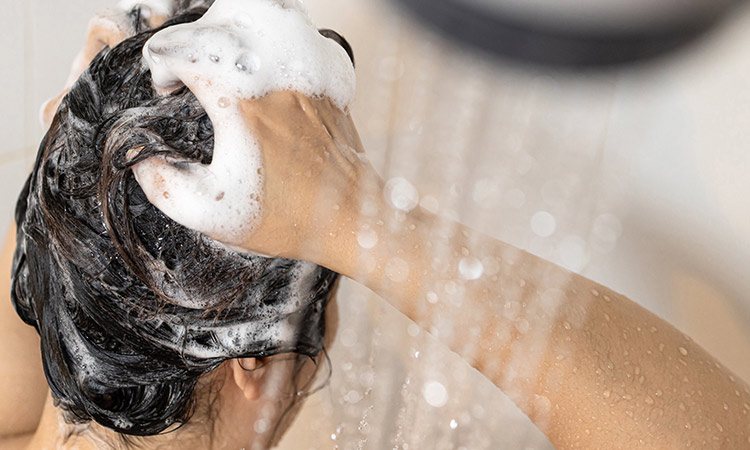How to keep kidney stones at bay naturally
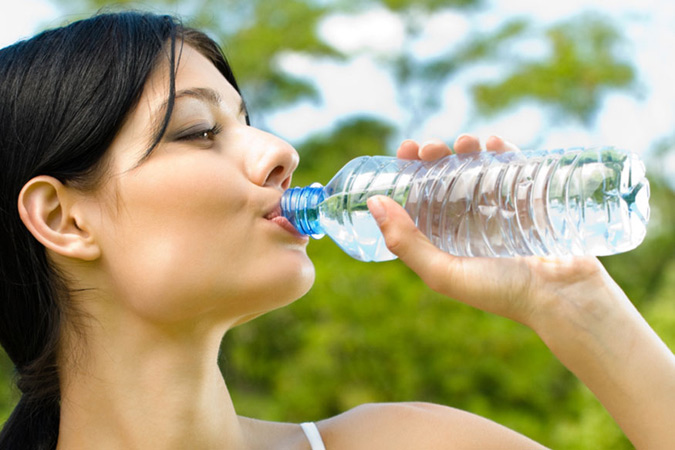
One of the best preventive measures against kidney stones is drinking plenty of water. File photo/AFP
Manjula Ramakrishnan
A combination of hot climate for most part of the year, poor diet, sedentary lifestyle and dehydration adds up to a growing number of people in the UAE being diagnosed with kidney stones.
“Kidney stones are now developing at all ages and all genders which is concerning, although seen more frequently in men. It is important that patients who reside in a hot climate such as the UAE drink plenty of fluids to minimise the risk of developing a stone as we lose more fluids through sweat and need to compensate for it,” says Dr Younis Alshamsi, consultant urologist at Medcare Sharjah.
“Studies have shown an increased risk of recurrence after the first kidney stone, so most doctors recommend yearly checkup, medication and healthy modification in diet and lifestyle.”
Dr Younis Alshamsi, consultant urologist at Medcare Sharjah.
What is a kidney stone?
A kidney stone is a solid mass that develops from solid crystals of either calcium oxalate monohydrate, calcium oxalate dehydrate, calcium phosphate, uric acid, struvite or cysteine.
How is it formed?
When your urine is concentrated in minerals and salts, these can stick together and form a lump or stone. Calcium stones are most frequently seen, while struvite stones are often caused by chronic urinary tract infections. Uric acid stones are caused due to gout or a diet excessively high in protein. These can be found anywhere in the urinary tract, from the kidneys to the bladder. The biggest risk factor for any of these types of kidney stones is dehydration, as these crystals become highly concentrated in the urine held in the kidney, and is commonly linked to an adverse combination of dietary and environmental factors.
Which age group or ethnicity is more prone to the condition?
There has recently been a shift in patient type diagnosed with kidney stones; previously the condition was most common in middle aged men owing to poor diet and long working hours. However, these days more women and younger adults are suffering from kidney stones due to dehydration, poor diet and related diseases such as obesity or bowel conditions.
The UAE in particular is a part of the so-called ‘global kidney stone belt,’ which stretches from China through to India, the Middle East, North Africa, the southern states of the US and Mexico. These places are infamous for hot, dry weather and puts residents at greater risk of kidney stones as they are losing more fluids and not compensating for it.
What could be the probable causes for such formation?
Some medications such as calcium or vitamin C supplements may increase your risk of forming a kidney stone, or if you have a family history of kidney stone formation. Drastic dietary changes, a diet low in fibre and high in salt can also increase risk regardless of age. The increase in diagnosis may also be in part due to the advanced diagnostic techniques being used.
What are the common symptoms that show the presence of renal stones?
These include pain in the sides or back, below the ribs, in the groin or lower abdomen and can worsen if not addressed in time. Depending on the size and location of the kidney stone, most will be passed naturally – drinking plenty of fluids can encourage the process. In more serious cases, large kidney stones can get stuck in the ureter, thereby blocking passage, and that can slow down and sometimes even stop the flow of urine. Other symptoms can include the need to urinate frequently, a burning sensation while passing urine, dark urine or nausea and vomiting.
What are the preventive measures?
Preventive measures include drinking the recommended amount of water each day, reducing dietary salt, eating the recommended amount of calcium and plenty of fruits and nuts. Some patients are also recommended to reduce the amount of red meat they eat, if consumption is excessive.
What are the various treatment choices?
There are various medications that can be prescribed to relax the ureter to help the stone pass. Surgery may be needed if the stone does not pass, is affecting the function of the kidneys or is causing a lot of pain. X-rays or ultrasound waves can be used to break the stone into small pieces. Shock wave lithotripsy uses high-velocity, high-frequency sound waves to break the stones from outside the body, enabling them to easily be passed through urine. Ureteroscopy uses laser technology to break up the stones. Keyhole or percutaneous nephrolithotomy surgery treats large or multiple stones. Once diagnosed with a kidney stone, the chance of recurrence is much higher.

